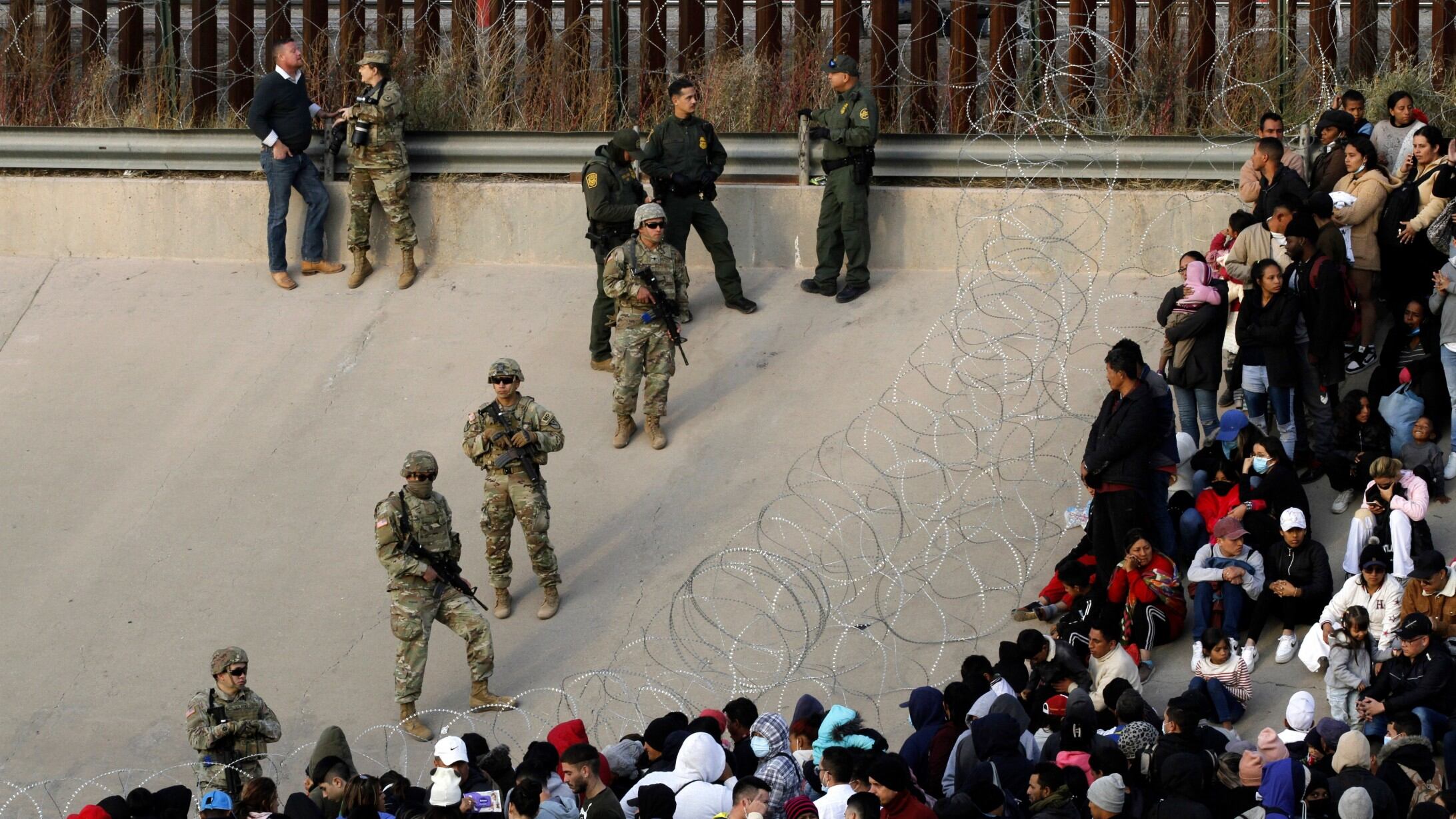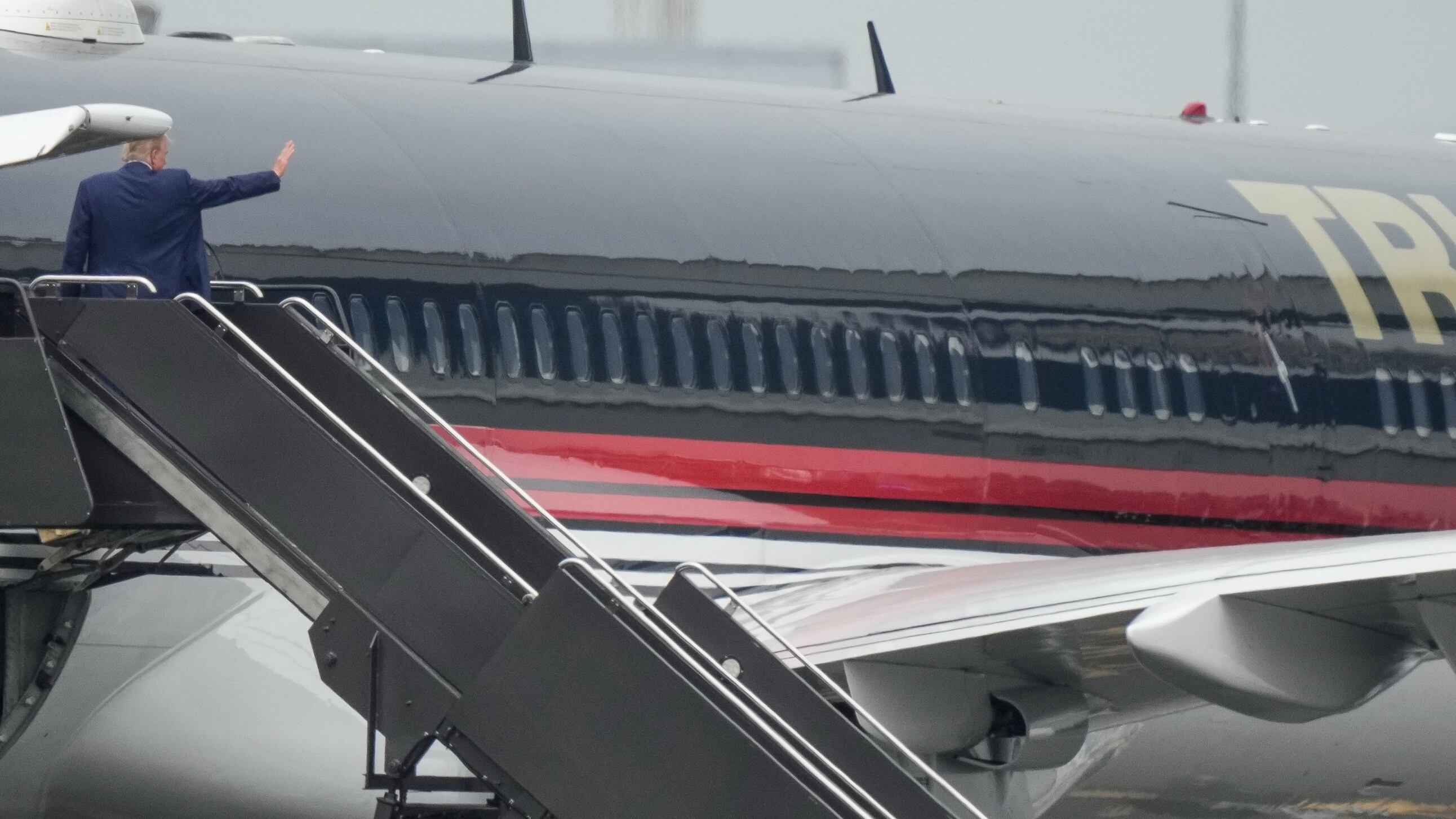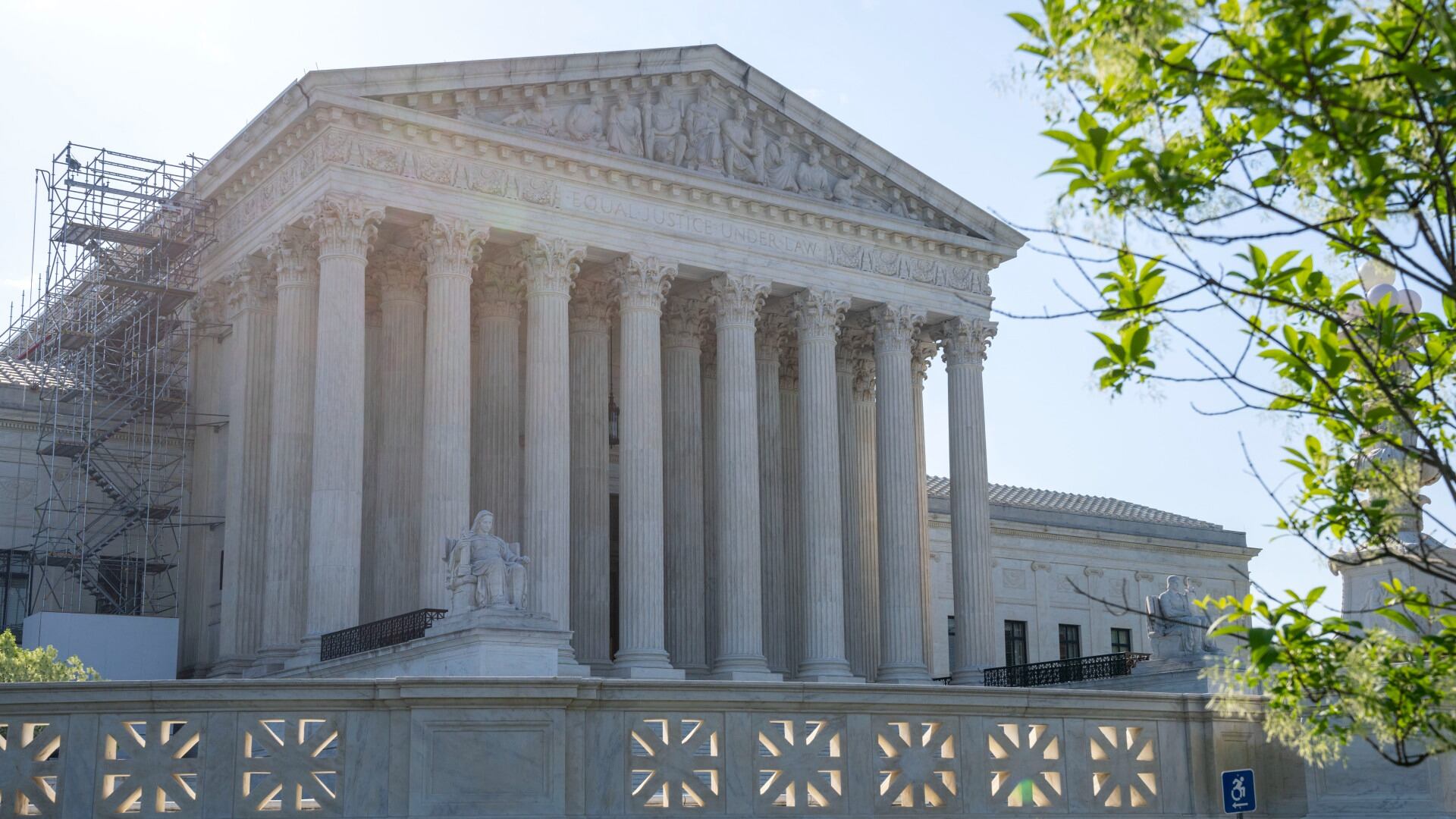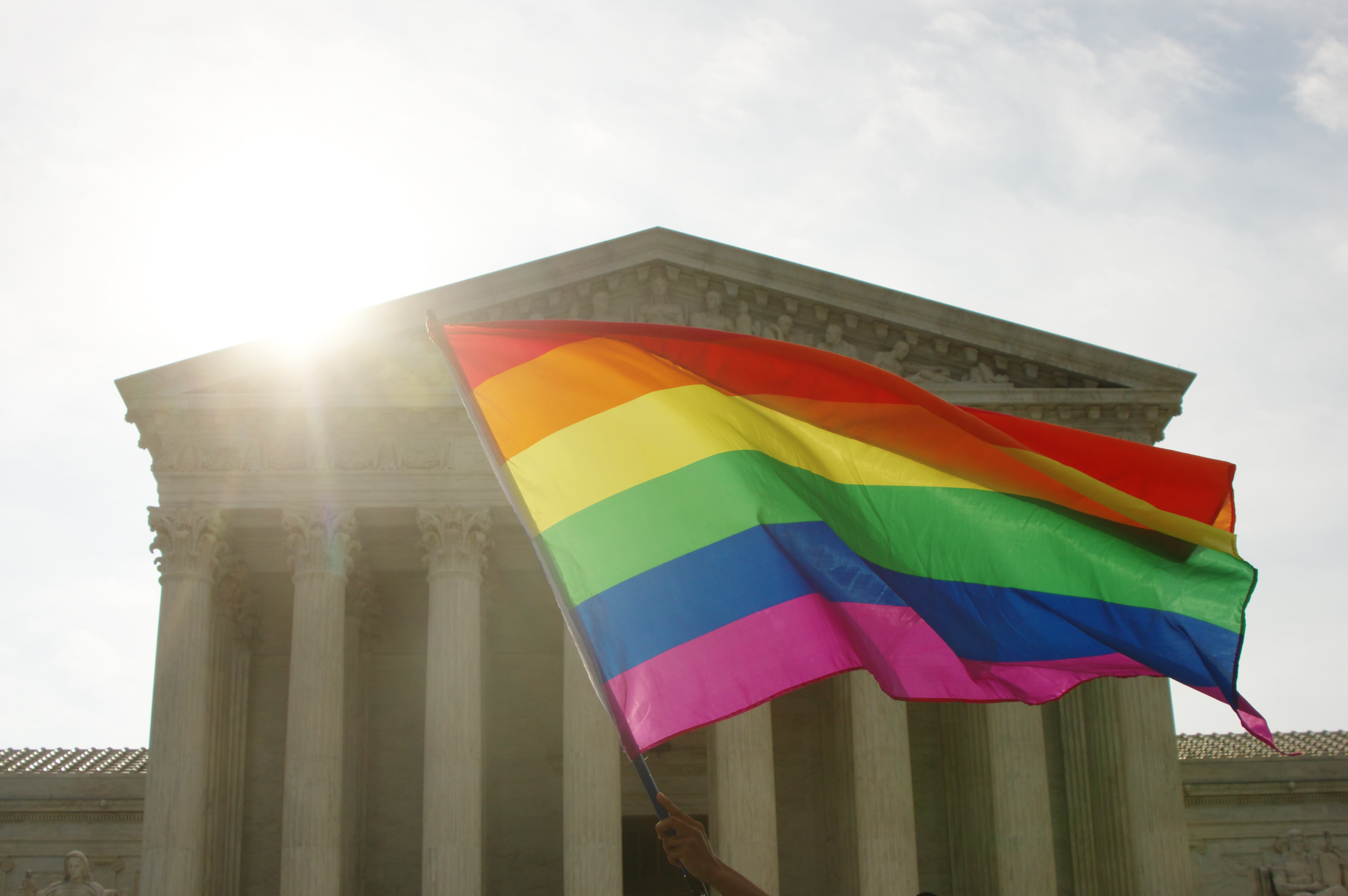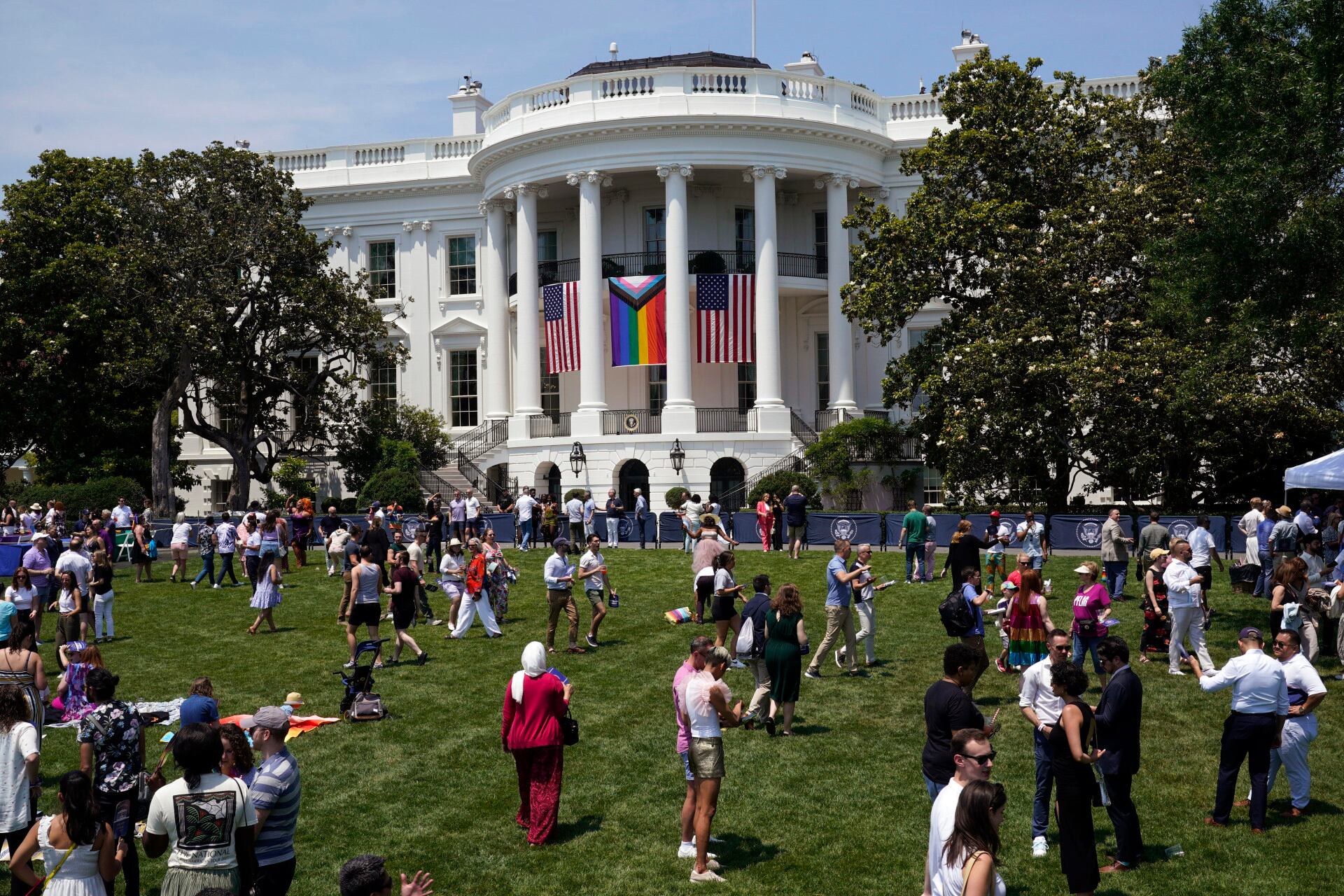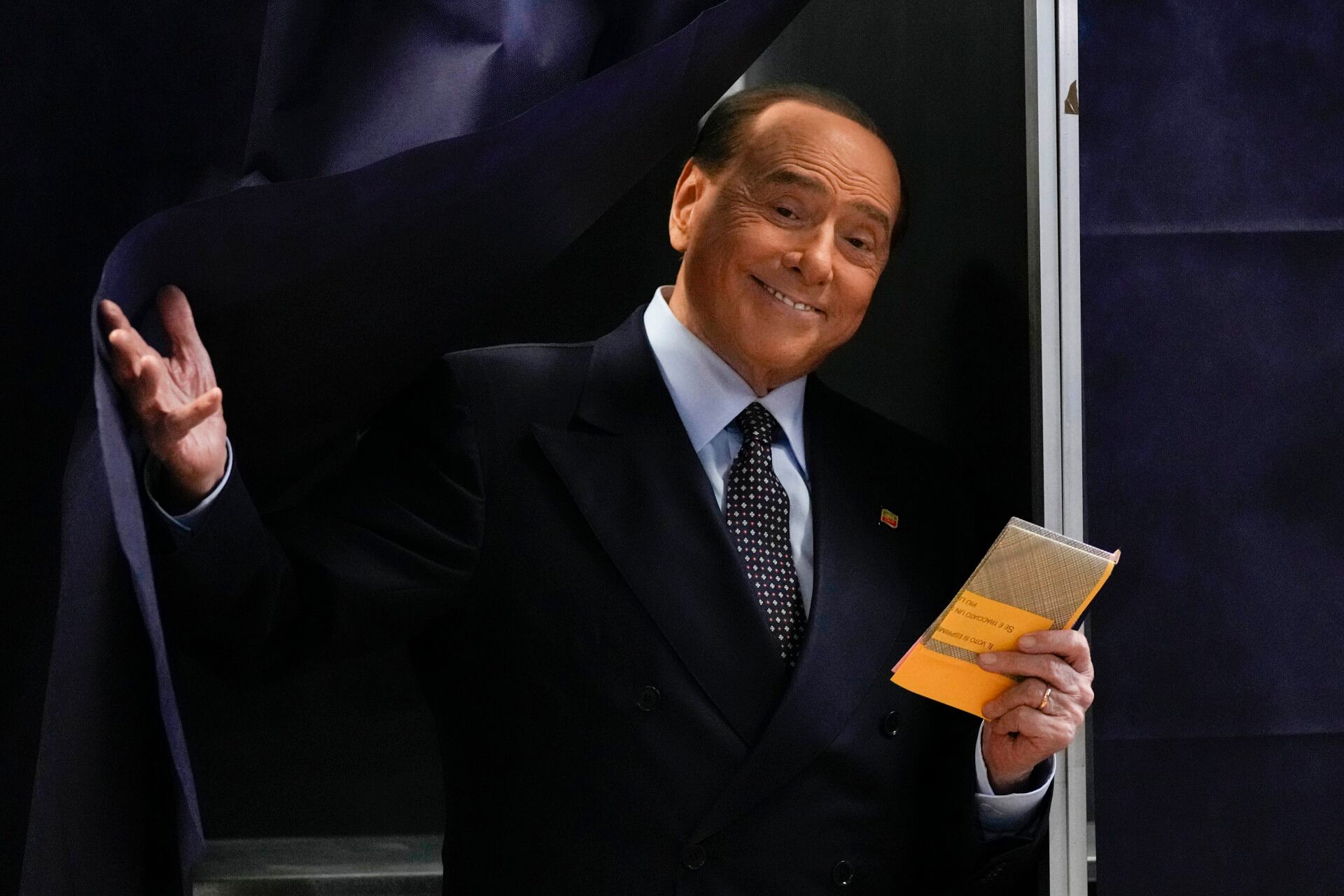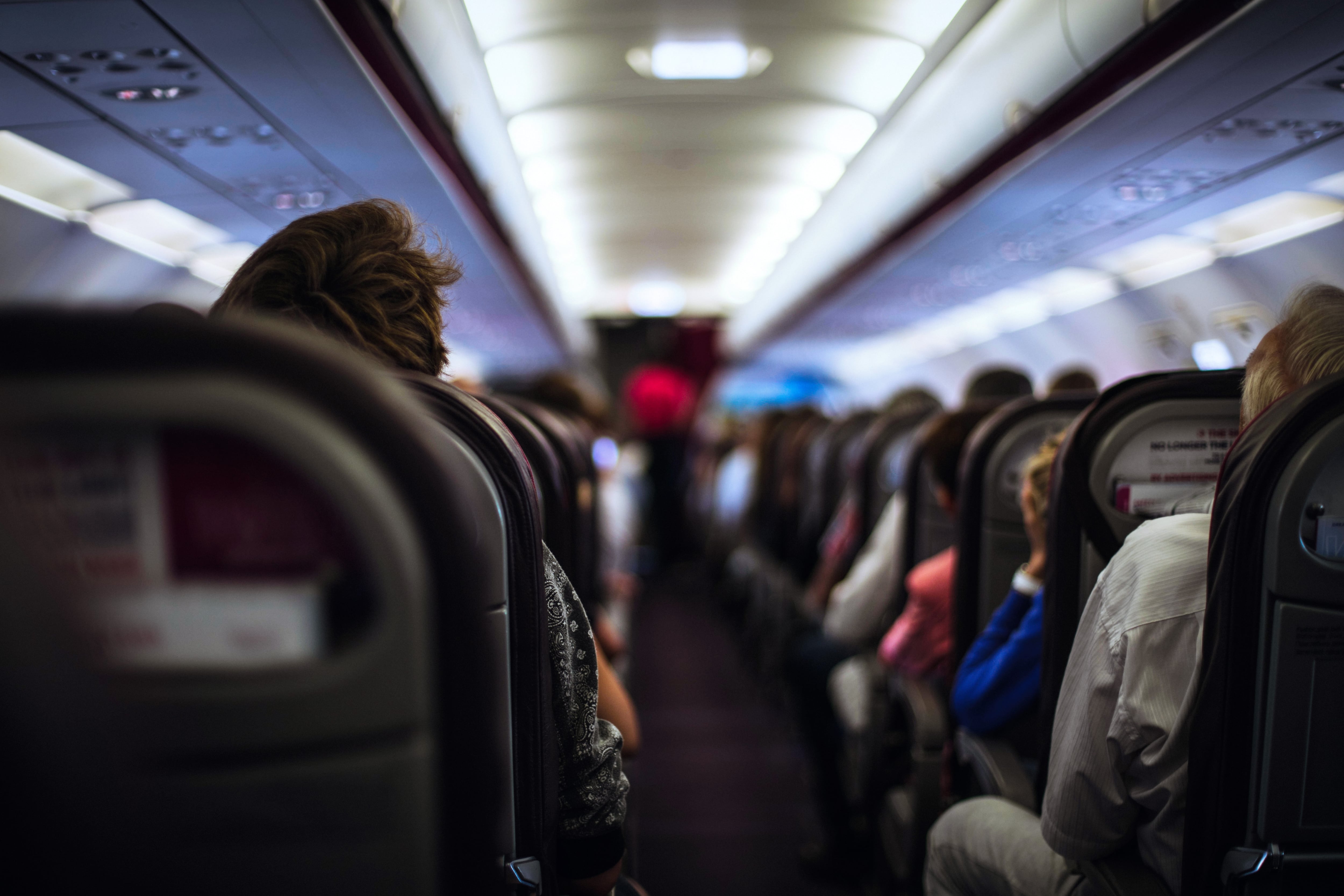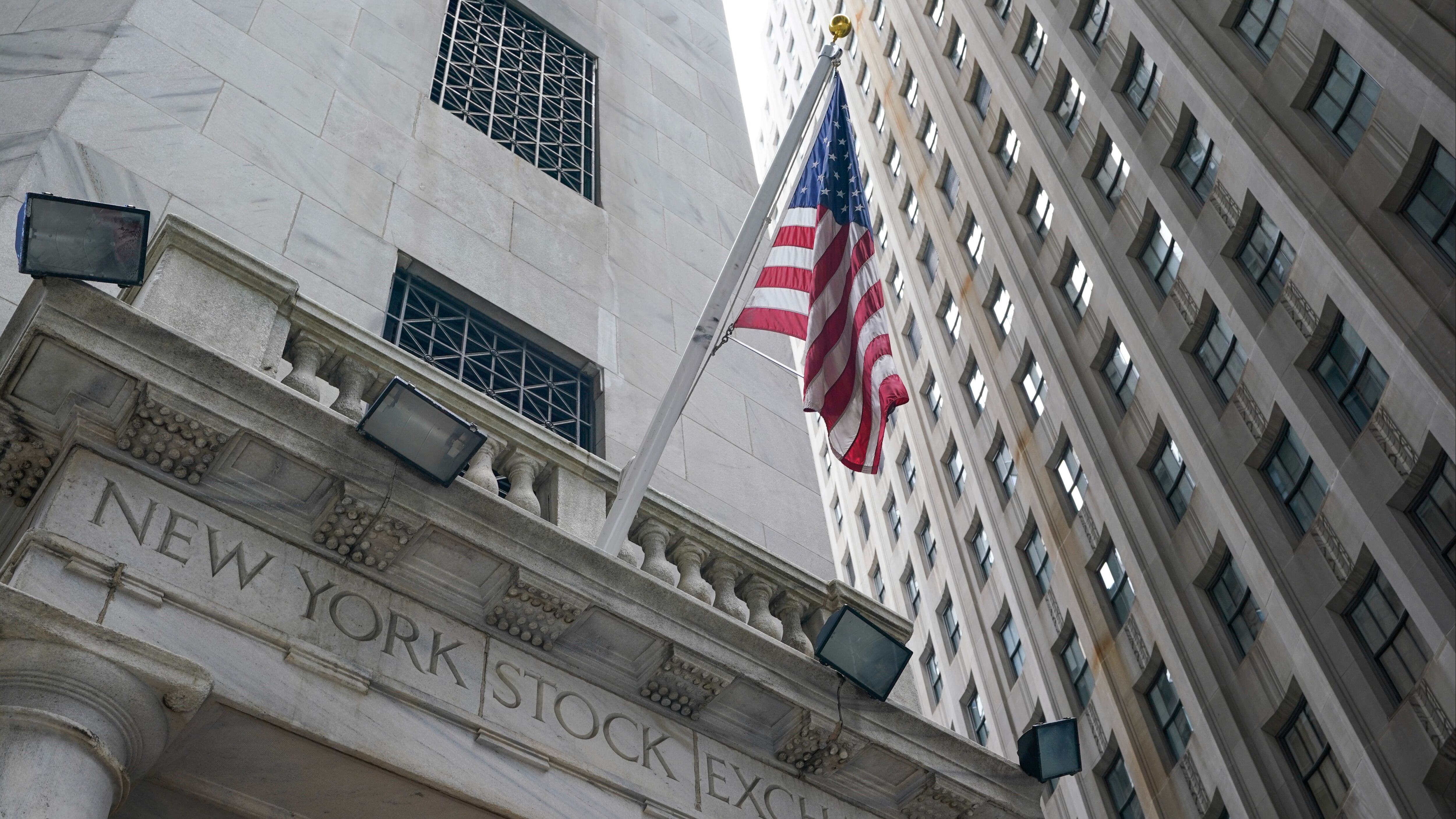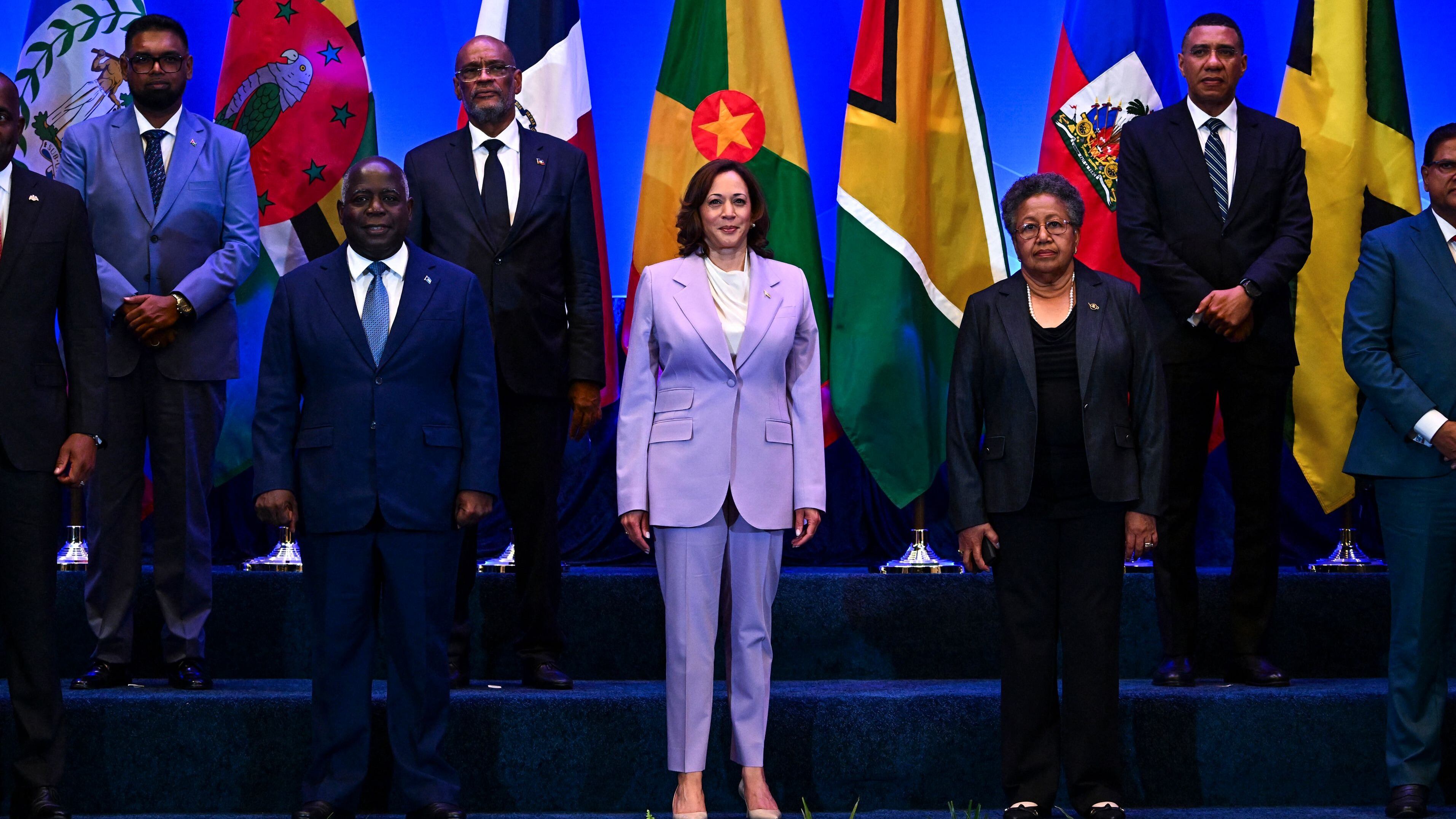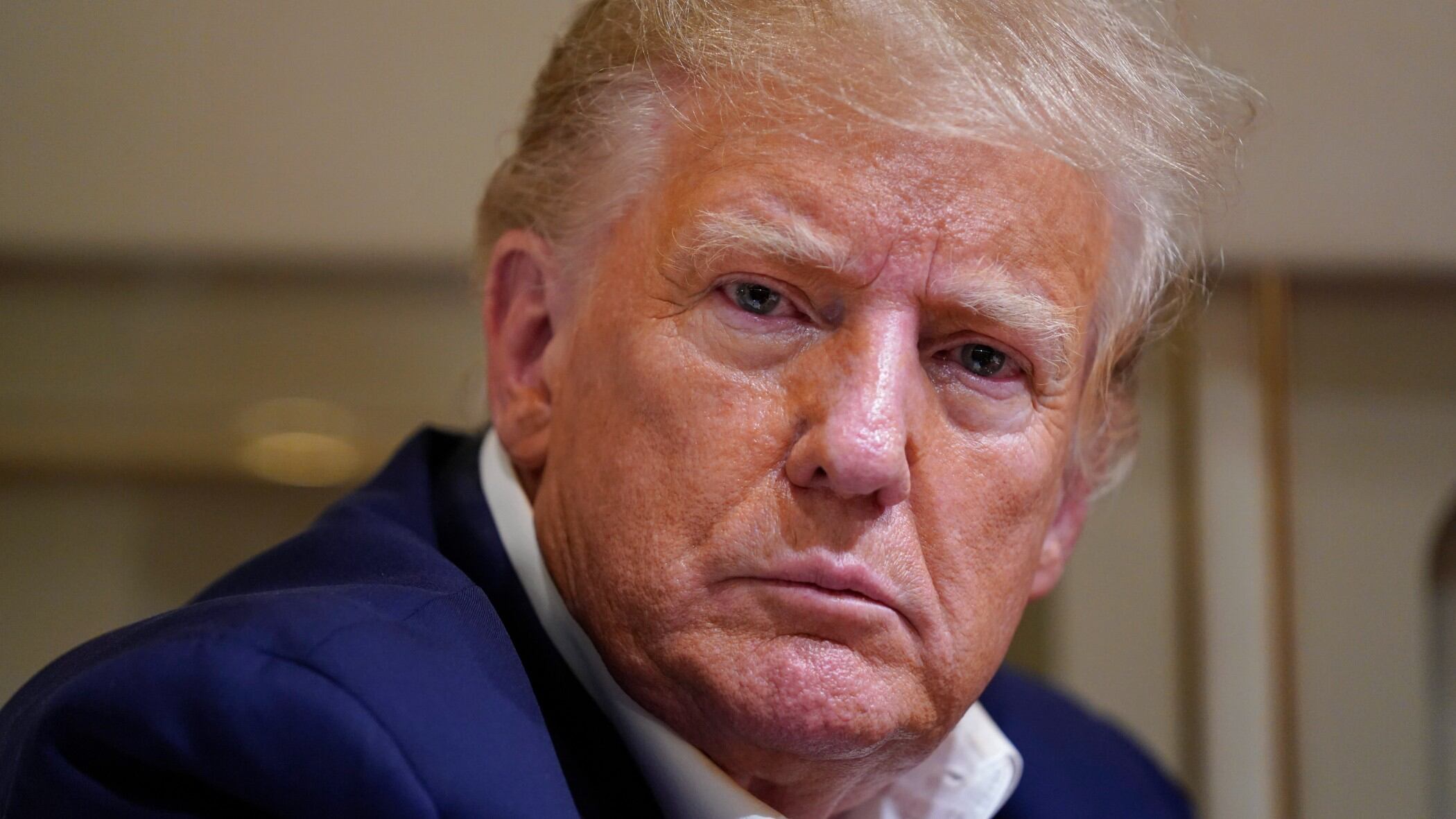It's déjà vu in Washington D.C. as another memo and another government shutdown loom over the world of politics. Rare Politics' Jack Hunter joins Cheddar to break down whether Democrats will release their own memo about the FBI. He considers what's at stake for both parties as the politicization of the intelligence community continues into a second week.
President Trump said he felt "vindicated" by the release of Rep. Devin Nunes' (R-CA) disputed memo. The editor explains how politicians from both sides of the aisle are reacting to the statement. He also assesses the D.C. landscape as the government hurdles into yet another funding deadline.
Hunter gives his prediction as to whether both sides will be able to agree on a DACA deal by week's end. He also reveals how he thinks Speaker Paul Ryan handled the controversy surrounding his $1.50 tweet over the weekend. He deleted the tweet after touting the tax plan for saving some Americans $1.50 a week.
The Biden administration has stopped taking mobile app appointments to admit asylum-seekers at a Texas border crossing that connects to a notoriously dangerous Mexican city after advocates warned U.S. authorities that migrants were being targeted there for extortion.
Donald Trump arrived in Florida on Monday ahead of a history-making federal court appearance on dozens of felony charges accusing him of illegally hoarding classified documents and thwarting the Justice Department's efforts to get them back.
The Supreme Court said Monday it won't review North Carolina's decision to stop issuing specialty license plates with the Confederate flag.
The Human Rights Campaign has declared a state of emergency for the lgbtq+ community. The unprecedented move comes after the passage of more than 75 anti-gay bills this year alone. Here with more is Cheddar News senior reporter Chloe Aiello.
President Joe Biden welcomed hundreds to the White House on Saturday for a delayed Pride Month celebration aimed at showing LGBTQ+ people that his administration has their back at a time when advocates are warning of a spike in discriminatory legislation, particularly aimed at the transgender community, sweeping through statehouses.
Silvio Berlusconi, the boastful billionaire media mogul who was Italy’s longest-serving premier despite scandals over his sex-fueled parties and allegations of corruption, died Monday. He was 86.
“Any consumer can tell you that online airline bookings are confusing enough," said William McGee, an aviation expert at the American Economic Liberties Project. "The last thing we need is to roll back an existing protection that provides effective transparency.”
Cheddar News checks in to see what to look out for Next Week on the Street as former president Donald Trump makes an appearance in federal court after being indicted. Investors will also keep an eye on the Federal Reserve meeting to see what comes out of that while earnings continue to pour in.
U.S. Vice President Kamala Harris announced Thursday that the U.S. is investing more than $100 million in the Caribbean region to crack down on weapons trafficking, help alleviate Haiti’s humanitarian crisis and support climate change initiatives.
It is arguably the most perilous of multiple legal threats against the former president as he seeks to reclaim the White House.
